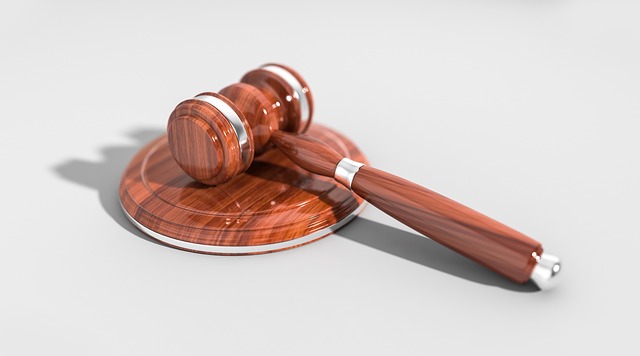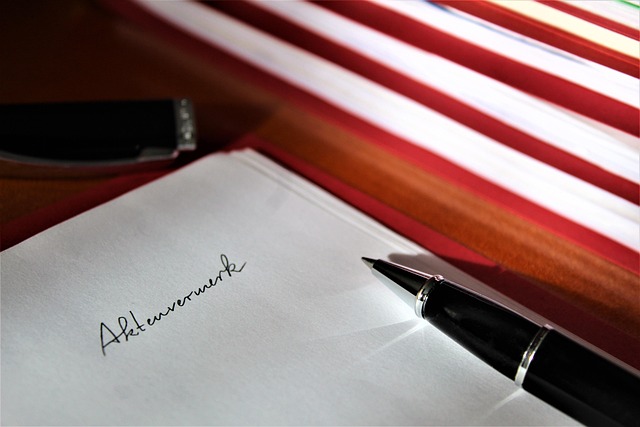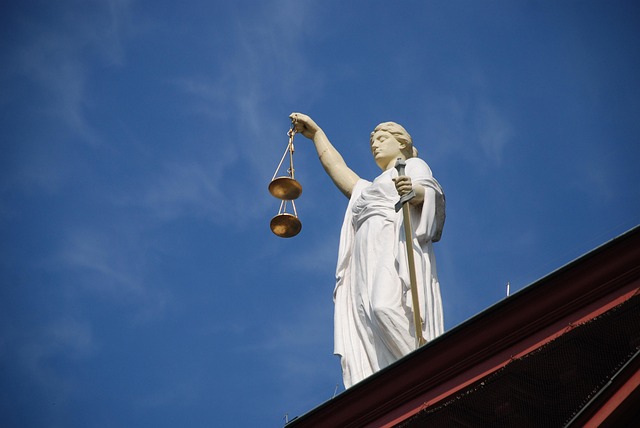Whistleblower Protection Lawsuits are crucial for protecting individuals who expose business wrongdoing from retaliation. When facing Plea Bargain Vs Trial in Criminal Law, whistleblowers must decide between quicker resolution with reduced charges or risking complete charge dismissal at trial. This decision is based on case specifics, evidence strength, and desired outcome, balancing the benefits of a plea bargain against the potential for extraordinary outcomes at trial.
“Whistleblower Protection Lawsuits: Navigating Legal Disputes and Criminal Law Consequences
This comprehensive guide delves into the intricate world of whistleblower protection lawsuits, exploring critical rights and remedies available to those who expose corporate or government wrongdoing. We dissect the strategic nuances between accepting a plea bargain versus pursuing a trial in criminal law, offering insights for whistleblowers to make informed decisions. By understanding the dynamics of Plea Bargain Vs Trial in Criminal Law, individuals can confidently chart their course through legal disputes, ensuring justice and protection.”
- Understanding Whistleblower Protection Lawsuits: Rights and Remedies
- Plea Bargain vs. Trial: Navigating Criminal Law Consequences
- Strategic Considerations for Whistleblowers in Legal Disputes
Understanding Whistleblower Protection Lawsuits: Rights and Remedies

Whistleblower Protection Lawsuits are a crucial aspect of ensuring that individuals who expose wrongdoing within their respective businesses or organizations are afforded legal protection. These lawsuits are designed to safeguard whistleblowers from potential retaliation, such as termination, harassment, or any form of discrimination, which may occur after they come forward with sensitive information. Understanding the rights and remedies available is essential for anyone considering taking this courageous step.
In terms of a Plea Bargain Vs Trial in Criminal Law, whistleblowers often find themselves at a crossroads. While a plea bargain might offer some level of protection and a quicker resolution, it may not always be in line with achieving extraordinary results. On the other hand, going to trial can be a lengthy and challenging process, but it provides an opportunity for complete dismissal of all charges if the whistleblower’s claims are proven legitimate. The choice between these options depends on various factors, including the specific circumstances of the case, the strength of evidence, and the desired outcome.
Plea Bargain vs. Trial: Navigating Criminal Law Consequences

When facing criminal charges, individuals often have two main options: enter a plea bargain or go to trial. Both avenues have distinct implications in terms of outcomes and consequences. A plea bargain involves accepting a negotiated agreement with prosecutors, which can result in reduced charges or a lighter sentence. This is typically a strategic move for defendants looking to avoid the uncertainty and potential harsher penalties of a trial. The process allows for a quicker resolution, often saving time and resources for both the accused and the legal system.
Conversely, going to trial means presenting one’s defense openly in front of a judge or jury. This approach can be riskier but offers the chance to achieve extraordinary results. For his clients, a skilled attorney can navigate all stages of the investigative and enforcement process, ensuring their rights are protected. Through robust cross-examination and strategic legal arguments, successful outcomes can be reached, sometimes even leading to acquittals or significantly reduced sentences.
Strategic Considerations for Whistleblowers in Legal Disputes

Whistleblowers facing legal disputes often find themselves at a crossroads when deciding between a plea bargain and going to trial. In high-stakes cases, especially those involving complex criminal laws, the strategic considerations are paramount for achieving extraordinary results. While a plea bargain can offer quicker resolution and potentially lesser penalties, it may also come with significant drawbacks such as admitting guilt and sacrificing potential future benefits.
On the other hand, jury trials provide an opportunity to present one’s case directly to a group of citizens, which can be particularly powerful in cases where public interest is high. However, this path comes with its own challenges, including longer timelines, increased legal costs, and the risk of an unfavorable verdict. Successful whistleblowers must carefully weigh these factors, considering the strength of their evidence, potential impact on their lives and careers, as well as the broader implications for transparency and accountability in the organization or industry at stake.
Whistleblower Protection Lawsuits play a pivotal role in ensuring individuals who expose wrongdoing can seek justice without fear of retaliation. By understanding their rights and remedies, whistleblowers can strategically navigate legal disputes, even when facing criminal law consequences as a result of pleading or going to trial. Awareness of these dynamics empowers them to stand up for truth and accountability, making them essential components in fostering transparency and ethical conduct within organizations.






